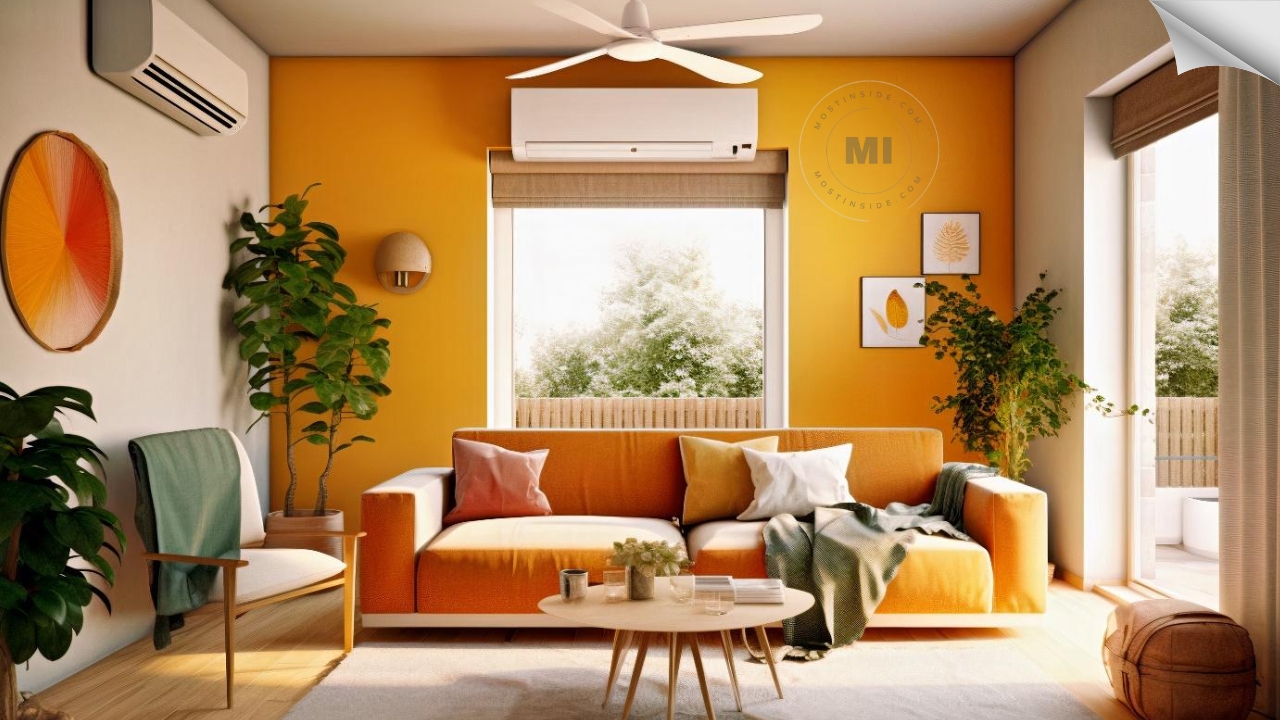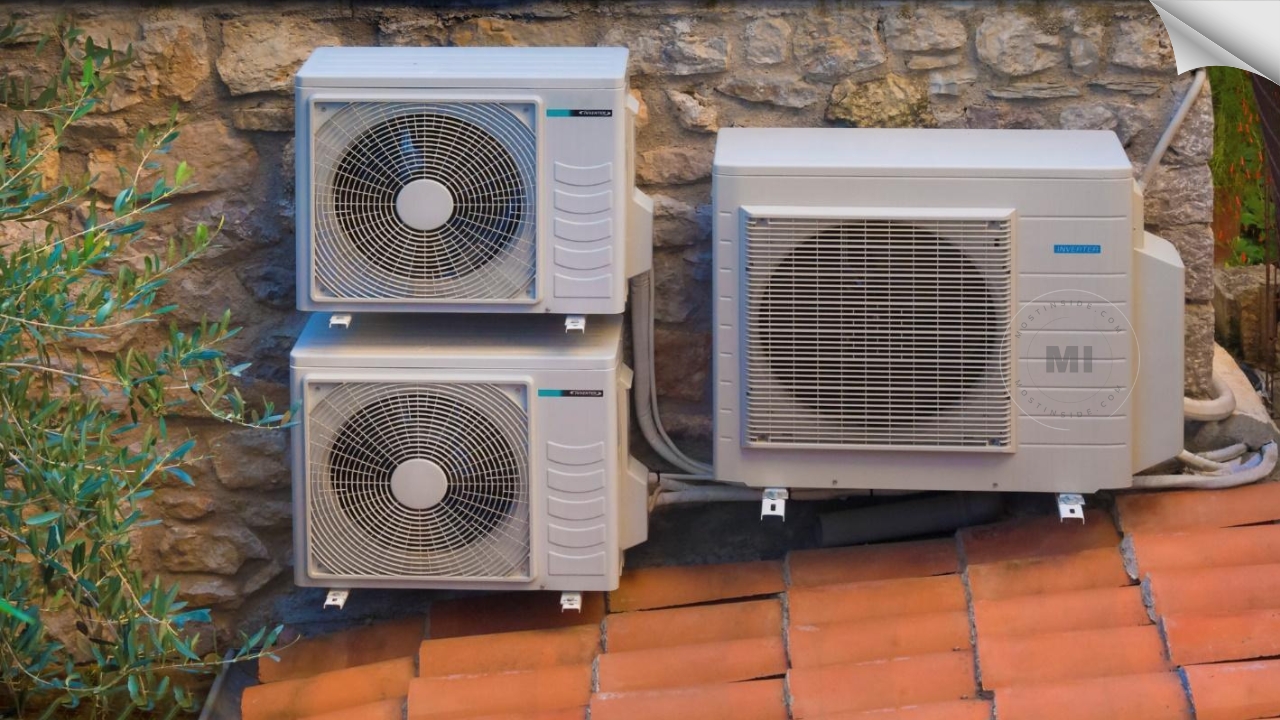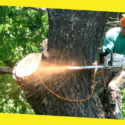Getting the Right Unit with Trane HVAC Dealer
This post was last updated on January 23rd, 2025

Tired of always calling the techs to fix your air conditioner or furnace? Well, it might be the right time to buy a new one. An outdated or problematic AC, will generally result in higher bills each month. Reducing your repairs and maintenance costs, as well as saving some money from your utilities are possible with the right energy-efficient appliance that you can see more about on this site.
Split-type systems are available, and they can either cool or heat your home. Outdoor air conditioning units are the parts that are responsible for cooling the home, and they are located at a higher area or on a small slab of cement. Heaters, furnaces, and boilers are usually located indoors, mostly in basements and garages.
AC systems use air compressors, evaporator coils, and refrigerants to keep the occupants comfortable and cool throughout the summer months. Expect them to lower the temperature and blow the air through the vents and ducts to cool your living room and kitchen. Meanwhile, hot air is released outside, and this is the reverse with an oil furnace.
For split types, you can get a furnace and an air conditioner at the same time. They are ideal for any region with different types of climates, and higher-efficiency units may be available.
Heat pumps will help you have a sweat-free afternoon where they are best installed in a warmer climate.
Those that come with the furnace types are ideal for the northern regions where snow and freezing temperatures are common.
Ductless and Packaged Systems
Existing duct systems can be a convenience for homeowners, but if you don’t have these, you need to get a ductless HVAC that will help you control the temperatures in each area of your house. They’re wall-mounted, and the installation is easier compared to central systems.
Packaged types are available especially if you know where to look for them. Get your needs catered with the help of an HVAC Trane dealer that has decades of experience in the industry. Their expert advisors will let you know more about the different types of ACs available and make sure that you’re getting something durable and cost-efficient.
All-in-one units are also available where both the cooling and heating elements can be bought. Outside units need to be free from debris, dirt, and dried leaves and they may be installed on the roof. Indoor thermostats will help change the temperature at a very comfortable but energy-saving level, and they can get higher or lower regardless of the weather outside.
Residential homeowners may not usually get the packaged types because you can find them to have shorter lifespans. You can’t also customize them for smart controls, so you might want to call the experts for more information about them.
Geothermal
Higher upfront costs of the geothermal HVAC units will be the result of the savings that they can provide you over time. A series of pipes are utilized to transfer the heat from the ground into the home during the winter season, and they also use lakes, ponds, rivers, and other small bodies of water to release the hot air. If it’s sweltering outside, the system tends to reverse the process where a refrigerant will cool the home to your required temperature.
However, before they can be installed, there should be enough land on the property to lay the groundwork for the pipes. They simply take up lots of space, and their sizes will depend on the heat pumps of your choice. Yards may find themselves to be excavation sites for weeks when you choose this HVAC installation.
Selecting the Right One For You

- Types of Systems that You Want: Window types are great for smaller apartments, and some of them utilize a dual inverter technology that can help you save more money over the long run. Ductless is great for homes with more rooms and if there’s no ducting installed. Ask the experts to see which ones are right for you.
- Area where You’re Living: Location is important, and there are slight differences in states located in the north and southwest. Get the minimum requirements of SEER rating standards so you won’t face skyrocketing bills each month.
- Determine your Budget: The cost of the HVAC system plays a huge role in the selection of many homeowners. Before you shop, know the different price points available, compare the features, and set a budget accordingly. Include the installation costs and repairs so there will be less hassle.
- Amount of Electricity Consumed Each Month: If you want the units that are only going to use electricity instead of fuel, you might want to get the split air or packaged types for your needs. Seasonal transitions may see most furnaces to be ideal so you can save on your utilities during the colder months.
- Type of Existing System in your Home: Reconfiguration of the ductwork may be in order if you want to select the geothermal types. However, an existing duct will also let you install the central types for less.
Recommended For You
What You Need to Do Before Painting the Exterior of Your House
Most Inside
Most Inside offers high-quality recommendations and valuable updates to enhance all aspects of your life, providing premium guidance and enriching experiences.




